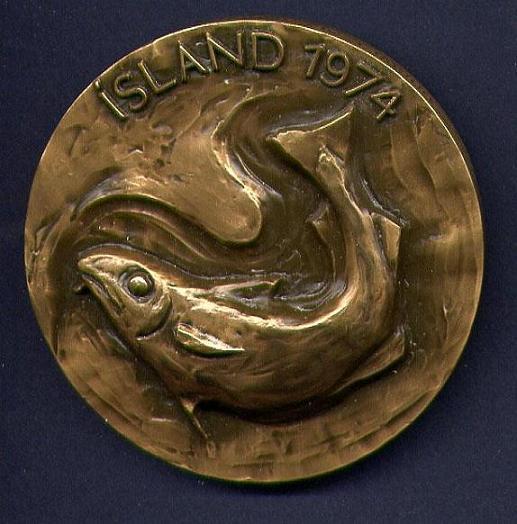Parasitization of the U.S. Military
Detainees [at Gitmo] use envelopes from their attorneys to pass protected messages. Nearly 1,000 lawyers represent 440 prisoners, allowing 18,500 letters in and out of Gitmo this past year. Guards are not allowed to look inside the envelopes due to "attorney-client privilege" - even if they know the document inside is an Arabic-language note from one prisoner to another prisoner. source A Deadly Kindness, RICHARD MINITER, NYPOSTONLINE.COM.
Senior Judge Advocate Generals want to share intelligence secrets, including identities of undercover agents and highly sensitive electronic eavesdropping information with terrorists. As a group, lawyers deplore any secrets which they cannot control (attorney-client privelege, workpaper doctrine, etc.) or access.
Lawyers have used the war on terrorism to increase their numbers in the Judge Adcocate General (JAG) corps. The proliferation of military lawyers is at an all-time high, with Army JAG strength 10 percent larger [emphasis added] than it was at the end of the Cold War. The three senior JAGs for the Army, Navy and Air Force, (the TJAGs), covet three-star rank. Larger corps of military attorneys might justify a higher, command rank. Legislation to establish three-star rank for TJAGs was proposed this year, but failed without Pentagon support. source Inside the Ring, Bill Gertz and Rowan Scarborough, September 15, 2006, The Washington Times
JAG Background Notes:
Gen. George Washington founded the U.S. Army JAG Corps in 1775, with his appointment of William Tudor to Judge Advocate General. The Continental Army never had more than 30,000 men (attorneys 1: 30,000). The U.S. Army JAG Corps is eldest among the armed services and constitutes the oldest surviving law firm in the United States.
The Judge Advocate General is one of the few positions in the Army explicitly provided for by law (Title 10 of the United States Code) which requires a distinct appointment. The Judge Advocate General, now referred to as TJAG, serves a four-year term. Major General Scott C. Black, appointed in October 2005, is the 37th TJAG.
Currently, the University of Virginia School of Law is authorized by Congress to award a Master of Laws degree. The Judge Advocate General’s Legal Center and School has ABA accreditation separate from UVA. Judge Advocates from all five armed services of the United States and international students attend the annual Judge Advocate Officer Graduate Course in which the Master's degree is awarded. In addition to educating new Judge Advocates, the Legal Center and School also provides continuing legal education for Judge Advocates and lawyers throughout the U. S. Government.
Some 2,000 full-time, judge advocates and civilian attorneys serve in the Army's Judge Advocate General's Corps alone. In 2004, there were about 485,000 soldiers on active duty. At the (1 :30,000 ratio of the Continental Army, there would be all of 17 attorneys). In addition, approximately 5,000 more attorneys serve in the US Army Reserve and National Guard. source - Judge Advocate General's Corps, U.S. Army
In 1967, Congress established the JAG Corps within the Department of the Navy. The legislation was signed into law by President Lyndon B. Johnson that year. By 2001, there were 740 active duty judge advocates in the Navy.


0 Comments:
Post a Comment
<< Home